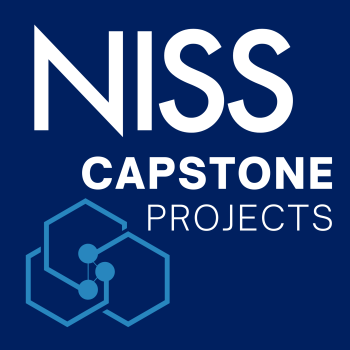
The National Institute of Statistical Sciences (NISS) is proud to recognize the outstanding achievements of students from the University of Pennsylvania’s course CIT 5900-002: Programming in Python for Data Science and AI, taught by Dr. Kaihua Ding, Assistant Adjunct Professor at the Wharton School.
This spring, Dr. Ding’s students completed a capstone project that applied advanced information retrieval and natural language processing techniques to identify and extract open-access publications connected to Federal Statistical Research Data Center (FSRDC) projects. The students presented their findings to leaders from NISS, the U.S. Census Bureau, and the FSRDC program. Their project was praised as both innovative and impactful, and the students received initial encouragement to present at the 2025 Annual FSRDC Conference.
Although the anticipated student mini-session at the 2025 FSRDC Conference did not take place due to funding constraints, Dr. Ding emphasized the importance of celebrating his students’ contributions through the NISS news platform. “The students put in tremendous effort and deserve recognition,” he noted, highlighting how acknowledgment can inspire future collaborations and continued excellence.
Student researchers include:
- Donald Moratz – 3rd year PhD, Political Science
- Aditi Madathingal – 1st year MS, Biotechnology
- Bhavika Seth – 1st year MS, Biotechnology
- Nikola Datkova – 4th year undergraduate, Linguistics
Throughout the course, student groups worked with large-scale natural language text data, integrating metadata from more than six APIs and employing web-scraping techniques for information retrieval. Their projects uncovered meaningful insights, including clear trends in the expansion of FSRDC-related research outputs—most notably after 2010 and again after 2019.
NISS commends the dedication, creativity, and innovation demonstrated by these students, whose work illustrates the value of collaboration between academic instruction, federal research centers, and the statistical sciences community. We look forward to following their continued contributions to the field.
